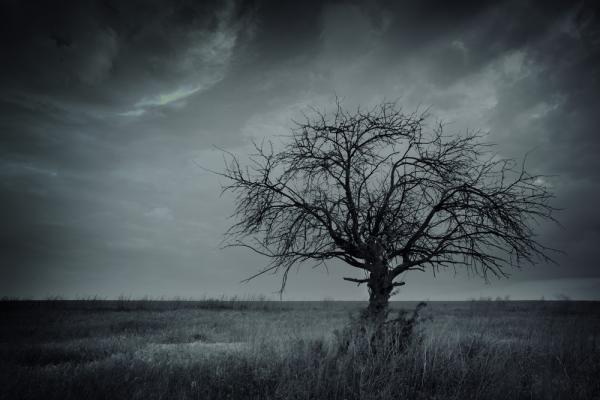On Thursday afternoon, a 26-year-old man slaughtered nine people and wounded nine others on the Umpqua Community College campus in Roseburg, Ore. It is a sadly familiar story in this country, routine even. President Obama named it as such in his remarks last week, claiming that we have become “numb” to mass shootings and the discussions that follow. He’s right about that.
But I’d argue that we’re numb to all of our society’s violence, as we have lazily accepted a theology of death rather than do the work to reflect the theology of life so many of us profess to believe. I’m glad for the separation of church and state in this country, so don’t confuse this for me claiming that U.S. society should be run as a Christian institution. Rather, I’m saying that a lot of people in this country who profess to be Christian buy into this acceptance of violent death all too easily. The proof of this is that, shooting after shooting, execution after execution, violent death after violent death, we as a society have not changed. And it is our lack of change that keeps the door open for history to repeat itself.
Read the Full Article

